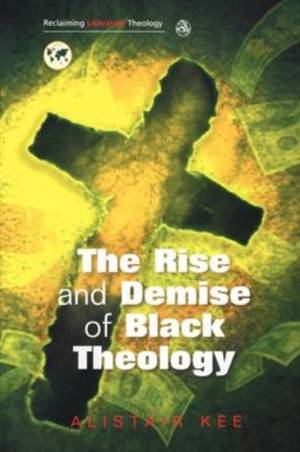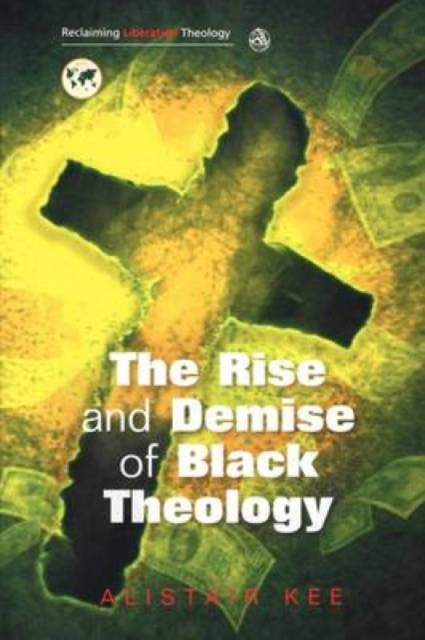
Bedankt voor het vertrouwen het afgelopen jaar! Om jou te bedanken bieden we GRATIS verzending (in België) aan op alles gedurende de hele maand januari.
- Afhalen na 1 uur in een winkel met voorraad
- In januari gratis thuislevering in België
- Ruim aanbod met 7 miljoen producten
Bedankt voor het vertrouwen het afgelopen jaar! Om jou te bedanken bieden we GRATIS verzending (in België) aan op alles gedurende de hele maand januari.
- Afhalen na 1 uur in een winkel met voorraad
- In januari gratis thuislevering in België
- Ruim aanbod met 7 miljoen producten
Zoeken
€ 62,45
+ 124 punten
Omschrijving
Black Theology emerged in the 1960s as a response to black consciousness. In South Africa, it is a critique of power; in the UK it is a political theology of black culture. The dominant form of Black Theology has been in the USA, originally influenced by Black Power and the critique of white racism. Since then, it claims to have broadened its perspective to include oppression on the grounds of race, gender and class. In this book, Alistair Kee contests this claim, arguing that Black and Womanist Theologies present inadequate analysis of race and gender and no account at all of class or economic oppression.With a few notable exceptions, Black Theology in the USA repeats the mantras of the 1970s, the discourse of modernity. Content with American capitalism, it fails to address the source of the impoverishment of black Americans at home. Content with a romantic image of Africa, this 'African-American' movement fails to defend contemporary Africa against predatory American global ambitions. Blacks in the West, Kee claims here, are no longer the victims; they are the voters and consumers who should be able to influence western governments - the American government in particular - into changing policies towards Africa in particular and the third world in general. This book does not argue that Black theologians should give up, but that they should move on, for the sake of the black poor in America, the black poor in Africa and the third world. The failure of Black theologians to do so is a cause for concern beyond the circle of practitioners of Black theology.
Specificaties
Betrokkenen
- Auteur(s):
- Uitgeverij:
Inhoud
- Aantal bladzijden:
- 252
- Taal:
- Engels
- Reeks:
Eigenschappen
- Productcode (EAN):
- 9780334041641
- Verschijningsdatum:
- 30/04/2008
- Uitvoering:
- Paperback
- Formaat:
- Trade paperback (VS)
- Afmetingen:
- 158 mm x 232 mm
- Gewicht:
- 344 g

Alleen bij Standaard Boekhandel
+ 124 punten op je klantenkaart van Standaard Boekhandel
Beoordelingen
We publiceren alleen reviews die voldoen aan de voorwaarden voor reviews. Bekijk onze voorwaarden voor reviews.









